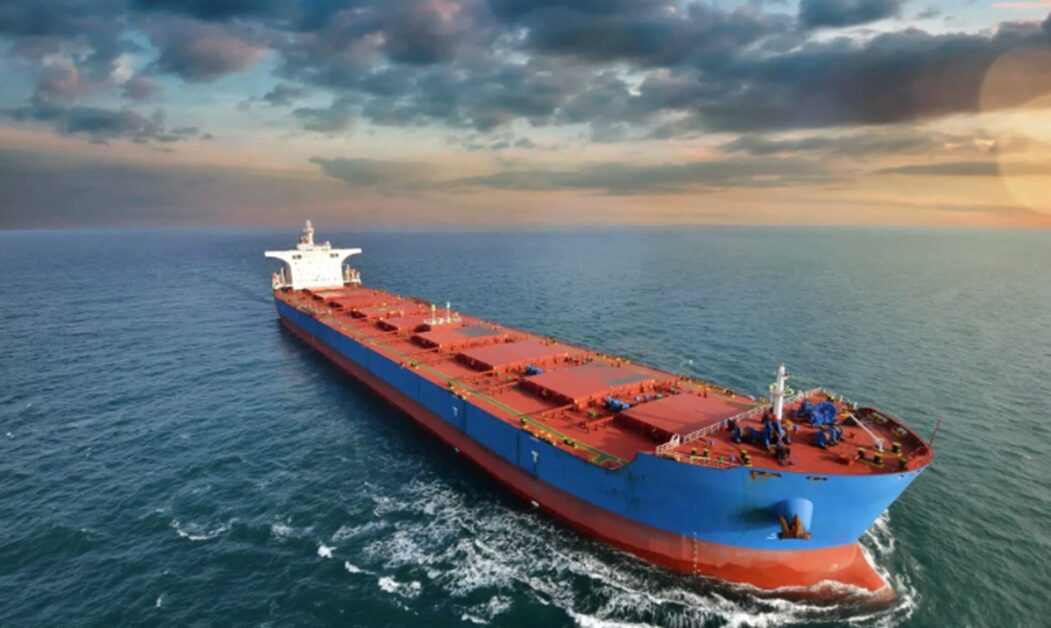According to new research report by Veson Nautical (Veson), global carbon emissions from bulk carrier vessels have fallen by 5 million tonnes, or 2.5%, since the beginning of 2021. This was achieved in spite of an increase in the distance travelled and time spent underway.
The report cites a reduction in average speed by bulk vessels in order to be in compliance with efficiency regulations imposed by the International Maritime Organization (IMO) as the main driver of this change.
Large bulk carrying Panamax class vessels have seen their average speed decline from 11.66kts in 2018, to 11.27kts in 2024 year-to-date, a decrease of 3.3% compared to 2018. This is despite charter rates for the same vessels reaching a peak of US$17,815/day in April 2024, an increase of 23% compared to peak rates of US$14,500/day reached in 2018.
The report also suggests that the main drivers are new rules aimed at lowering the carbon intensity of large bulk vessels. The introduction of the Carbon Intensity Indicator (CII) regulation by the IMO has provided the first standardized operational efficiency metric for the shipping sector, which gives vessels ratings based on fuel oil consumption, speed, and distance figures collected over the year.
From 1 January 2023, the IMO made it mandatory for all existing ships to calculate their attained Energy Efficiency Existing Ship Index (EEXI) to measure a vessel’s technical energy efficiency and initiated the reporting and assignment of CII ratings. The EEXI scheme placed a requirement on shipowners to modify non-compliant vessels to meet the newer, more stringent efficiency design criteria stipulated in the EEXI regulations.
The report concludes that as more pressure is put on ship owners to clean up their fleets, a two-tier charter market where premium rates are paid for newer, less carbon-intensive vessels.






